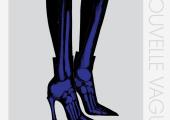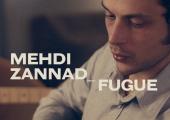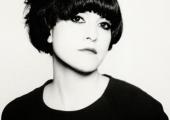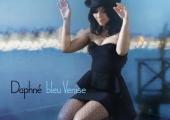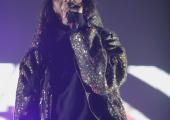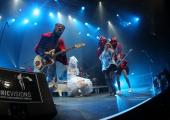theartsdesk in La Rochelle: Francofolies
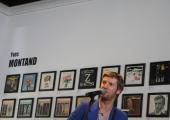
Five days of all types Franco music on the French Atlantic coast
The French national holiday of 14 July might be marked by parades and fly-pasts in Paris, but here on the Atlantic coast it’s the central date for Francofolies, the annual festival dedicated to French music. La Rochelle hosted its first Francofolies in 1985. Twenty-six years on, the festival remains the premier showcase for Francophone music. This year the bill took in David Guetta’s dance-floor cheesiness, Gotan Project's overhauled tango, actress Mélanie Laurent plugging her recent album and all points in between.

